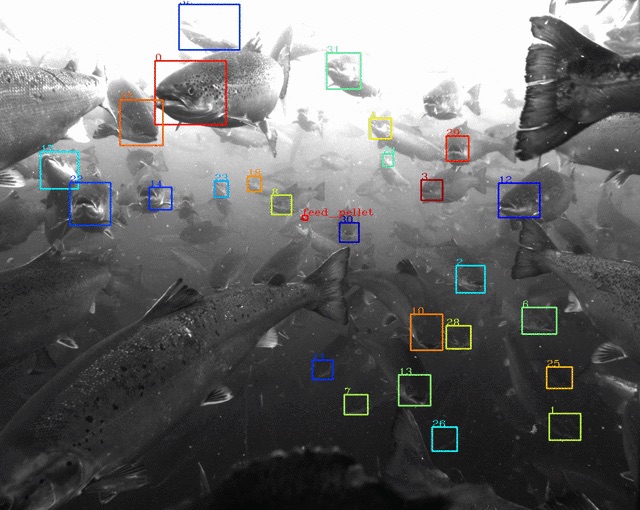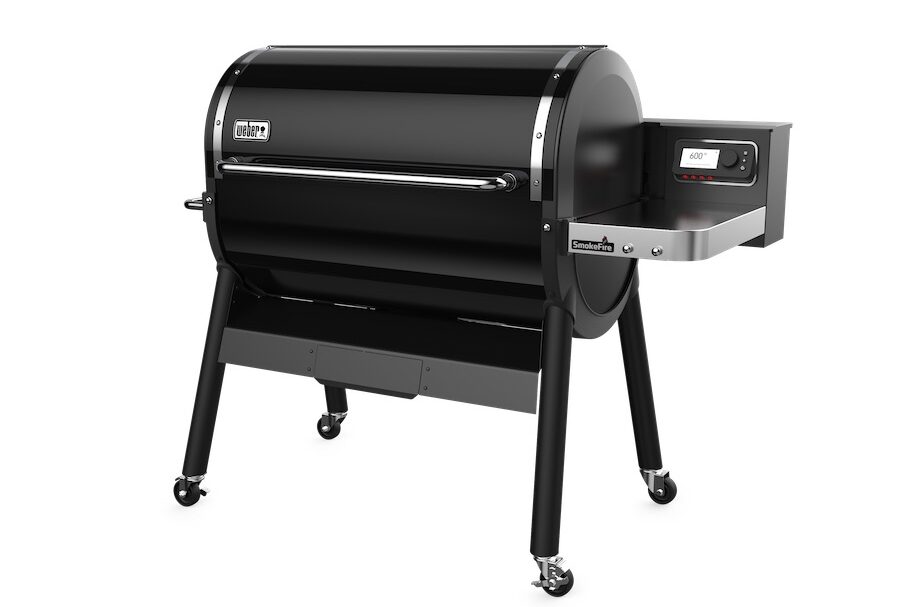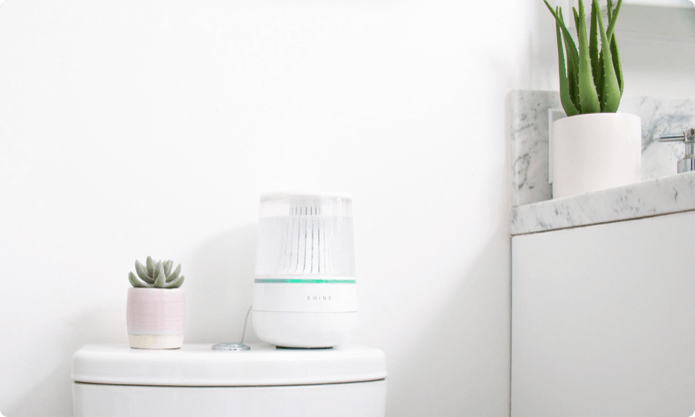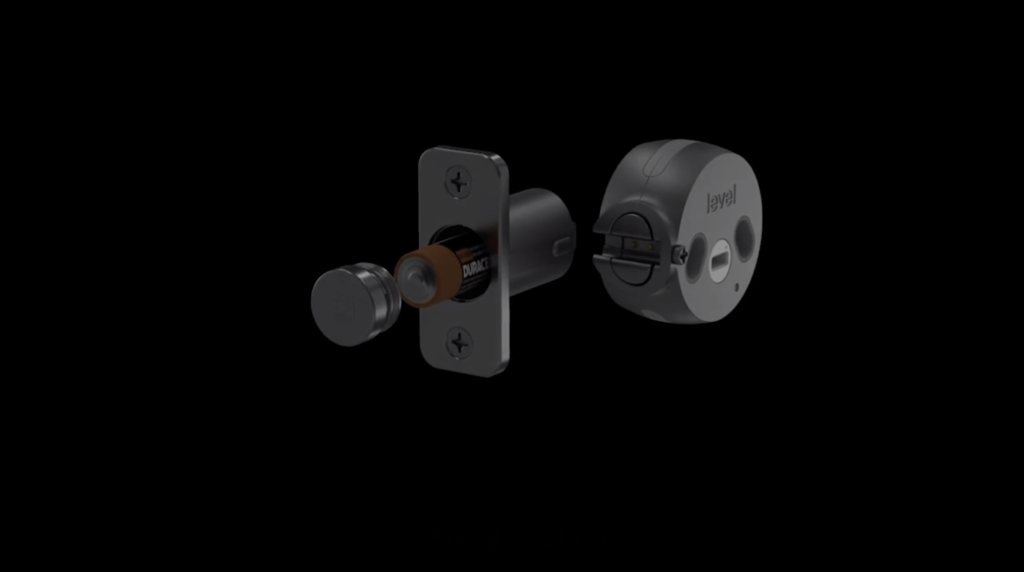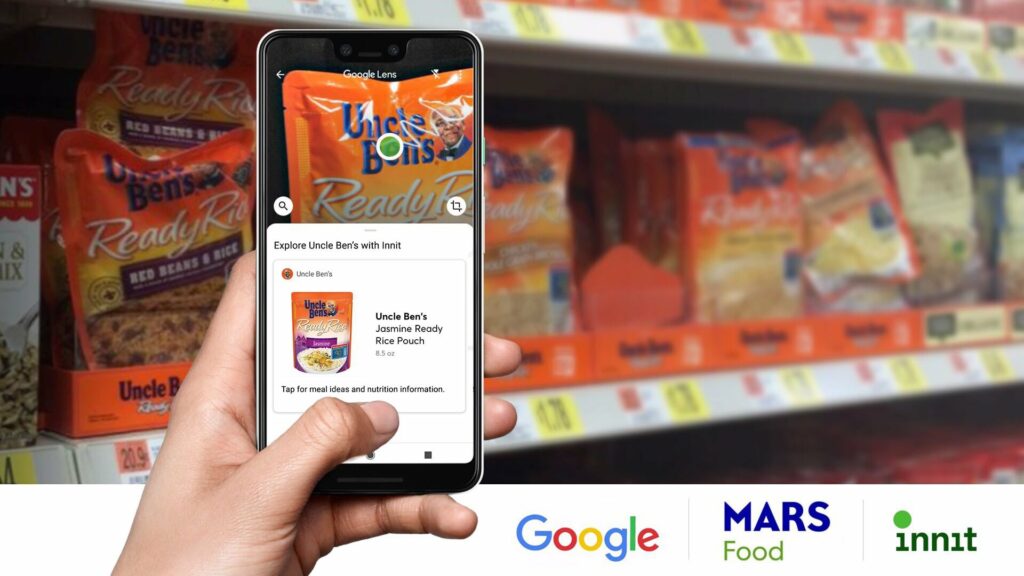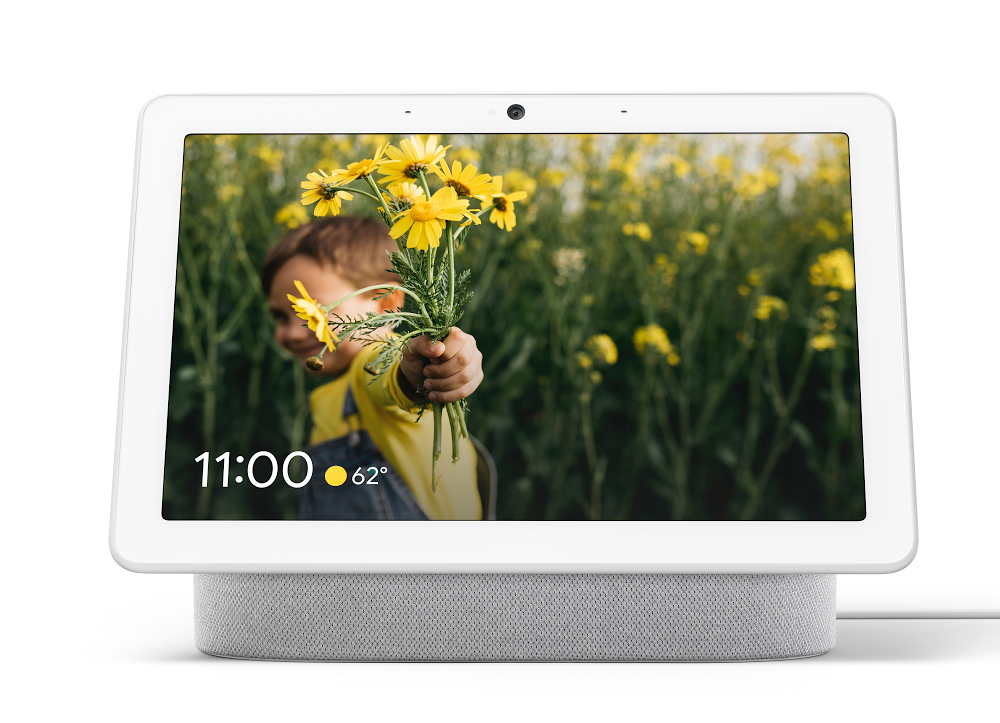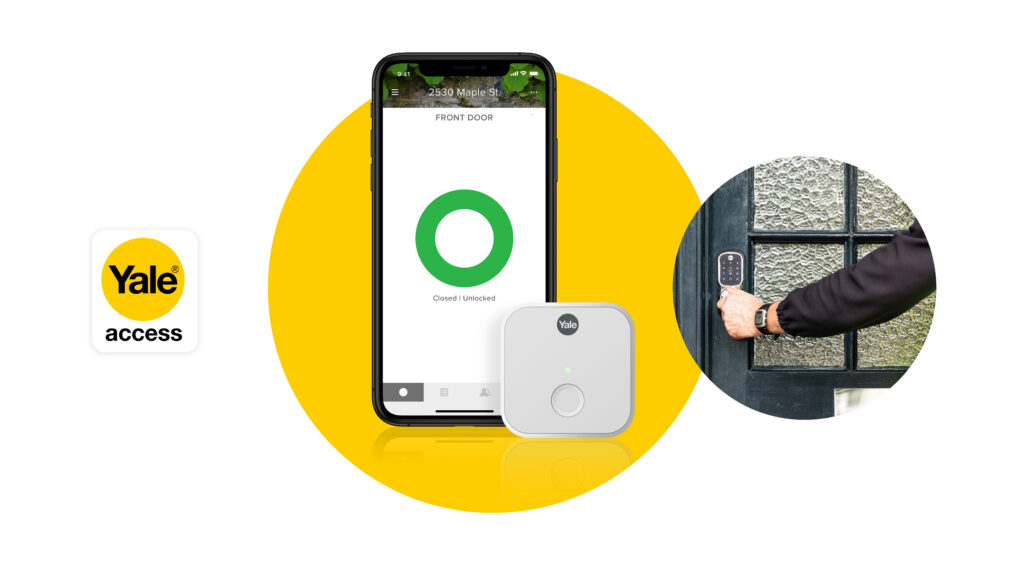ARM is expanding access to its chip designs to startups that have raised less than $5 million through its Flexible Access program. Kevin and I explain why this is a big deal and then go on to discuss a new gesture-based interface that could be either a gimmick or a gamechanger. From there we talk about the pandemic delaying Ford’s self-driving car plans, the closure of PetNet, and the acquisition of a smart ring by a digital key card company. Plus, we cover a robot for kids, AR contact lenses, a Google AI muddle, Google Assistant getting router controls, and a new satellite network for the IoT. We also review the Google Pixel Buds 2 and Kevin talks about his experience with the Blink Mini camera. We end by answering a question about choosing smart home devices based on your digital assistant.
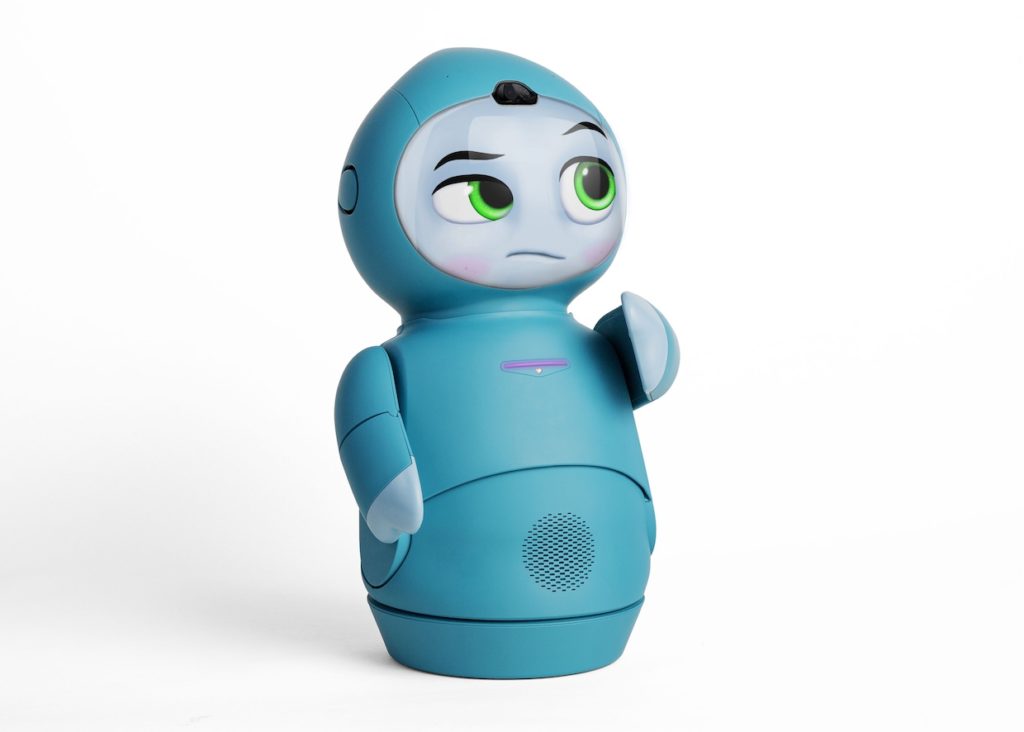
Our guest this week is Alex Capecelatro, CEO of Josh.ai, which makes a voice platform for the pro installer market. The company has just raised $11 million in funding, and Capecelatro tells us what he plans to do with that money as well as explains why Josh.ai shifted from making software to building hardware. He also offers perspective on the development of the voice market in the smart home. Josh.ai started in 2015, a few months after Amazon released the Echo speakers, and before Amazon had enabled the smart home features on the Alexa platform. The interview offers a history of voice, IoT hardware, and a hint of the future. Enjoy.
Hosts: Stacey Higginbotham and Kevin Tofel
Guest: Alex Capecelatro, CEO of Josh.ai
Sponsor: Very
- Why silicon startups are on the rise
- Companies blaming the pandemic
- Should you buy the new Blink Mini camera?
- Why Josh.ai pivoted from software to hardware
- Can a dedicated voice platform for the smart home beat a digital assistant?
Podcast: Play in new window | Download | Embed
Subscribe: RSS

